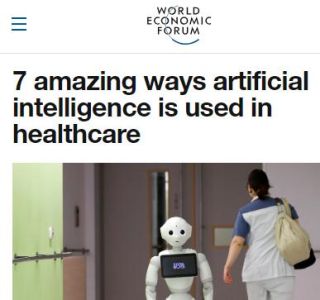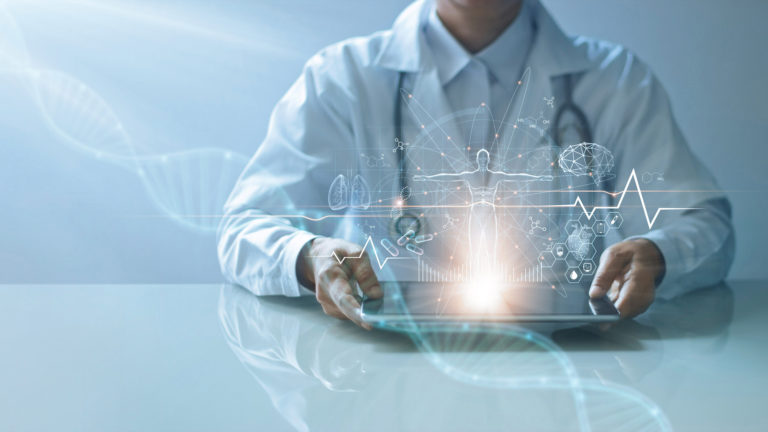Join getAbstract to access the summary!

Join getAbstract to access the summary!
Alex Gray
7 Amazing Ways Artificial Intelligence Is Used in Healthcare
World Economic Forum, 2018
What's inside?
Will your future doctor be a machine?
auto-generated audio
1×
Log in to listen to the audio summary.
auto-generated audio
Recommendation
Medicine has always been a human profession and practice – until now. Artificial intelligence is surpassing human ability in many applications of medicine, explains this World Economic Forum article. Learn seven ways that AI-powered tools are improving health care and why your future medical team may well include you plus a machine.
Summary
About the Author
Alex Gray is a senior writer at digital content producer Formative Content.























Comment on this summary